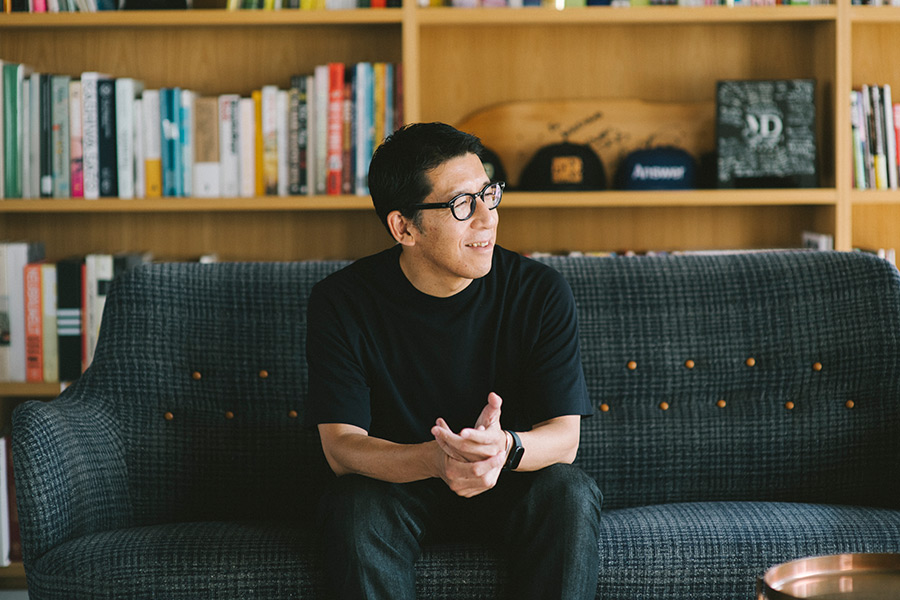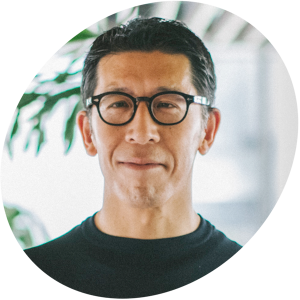Natsuo Sato is the Creative Director/Co-CEO of EVERY DAY IS THE DAY, a brand engineering studio that leads the creation of possibilities rather than solving brand problems, and the Future Designer of Future Design Shibuya (FDS).
What kind of things are you thinking about and putting into practice these days?When you listen to the story, from how to create the future of Shibuya, to the importance of good coffee, and to the story of how to work to live a richer life. and developed.
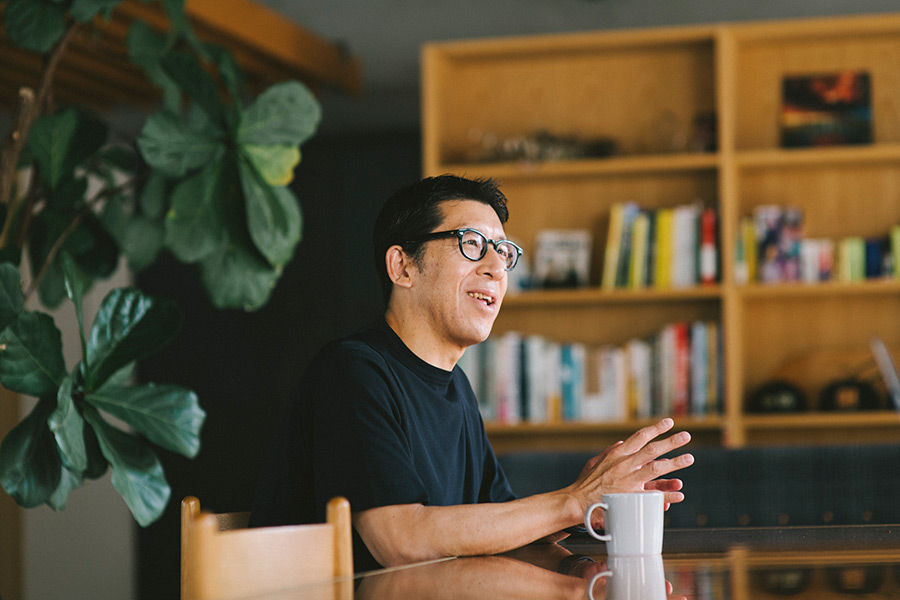
The role of FDS is to discover, nurture, and spread the seeds of new values.
——What does FDS look like from the perspective of Mr. Sato, who has been involved with the company from the beginning?
I think the most interesting point is that Shibuya Ward created the FDS function in the first place. It's great that I now have the opportunity, place, and time to think about how Shibuya will be good for society.
What I'm trying to do now is not to make Shibuya Ward the cutting edge of fashion or consumption, but to make it a place where you can come into contact with new values and the values of the next era. I think that's it. I think that is the value and role of Shibuya Ward.
Even in the same town development, I think that the work of regional revitalization has a goal of how to develop the economy, but Shibuya Ward is not so. I think that aiming to be a place where you can come into contact with new values is the growth axis of Shibuya, which promotes diversity and inclusion, or what it should be.
For example, when I was a student, Shibuya was a place to go to buy trendy things. I think there is still that aspect, but I don't want to develop it further. I am involved in FDS with my theme of designing individual actions so that Shibuya will be a place where you can come into contact with the new values of the next era.
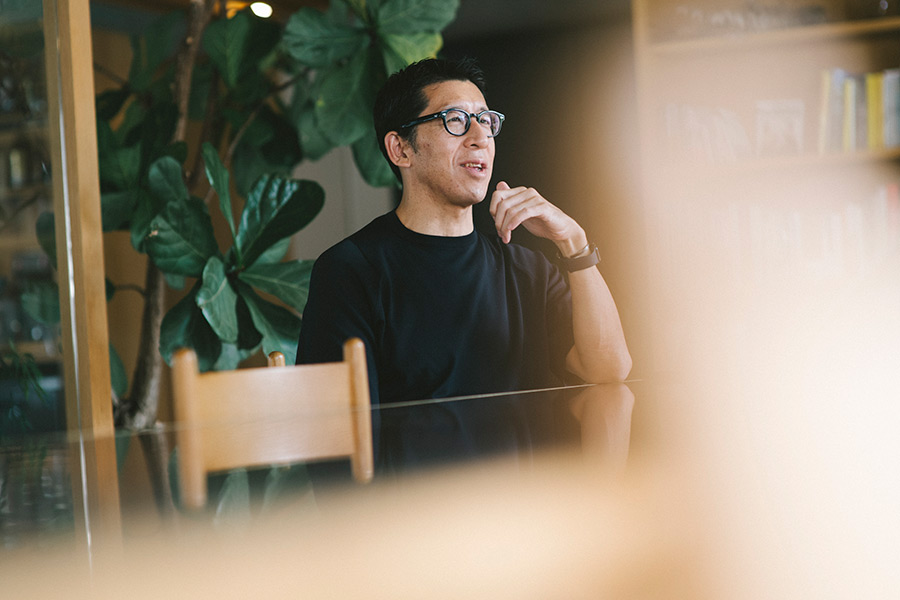
——Mr. Sato, what kind of things are you interested in in your own personal “new sense of values” these days?
For example, I've always loved cars and have been driving them for a long time, but when a car breaks down now, I replace the whole part. But it used to be fixed. I think it was the Heisei era when the culture of repairing things disappeared, not just cars. Recently, on the other hand, there is also a culture of repairing shoes and other things that you are attached to and using them for a long time. There was a time when there was meaning and value in new products and limited editions, and of course that aspect remains, but on the other hand, it is wonderful to continue using it for a long time while repairing it, and the value has increased. I think that there.
I think it would be great if the city could take the lead in elevating these values to the level of culture, while things like the germination of various values are taking place. Find a sprout, stretch it, and spread it. To create a movement that many people can participate in. I think it is the role of Shibuya Town and FDS to leave it as a culture.
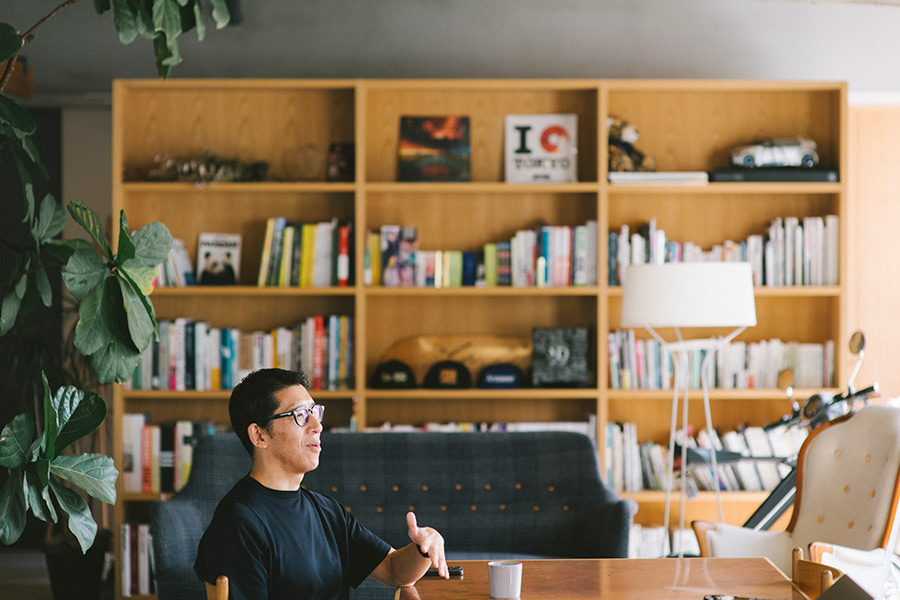
ShibuyaWhen I say "future" design, I think it looks like an organization that creates new excitement that doesn't exist yet. Many people have that kind of impression when they hear the word “future.” However, just like how to create excitement that doesn't exist yet, I think there are things that I definitely want to leave behind or extend.
When we talk about the “future,” we tend to think of things like “flying cars,” but for me, the “future” means things that already exist and values that already exist, such as using things for a long time while repairing them. I think it's like passing a baton to future generations, and from the standpoint of FDS' Future Designer, I'd like to get involved with Shibuya from that perspective.
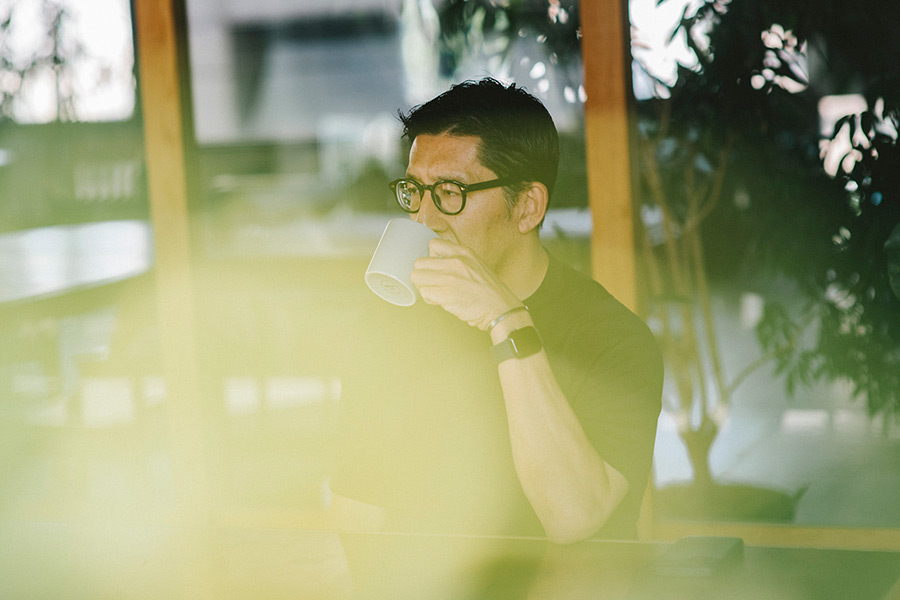
Prioritizing Efficiency / The Magic of Good Coffee
My child is in the 4th grade, but the spread of remote work has made it much easier for men to raise children. I don't think there has ever been a time in the past when men were so involved in raising children. It is no longer the case that women have been doing it for a long time and men are doing it now, but men are enjoying being involved in child-rearing to this extent, and society will back them up. I think it happened. Of course, there are people who are suffering from COVID-19, so it's difficult to say, but I think this is a kind of corona legacy. I would like to work on how to make this male child-rearing a legacy of Shibuya City.
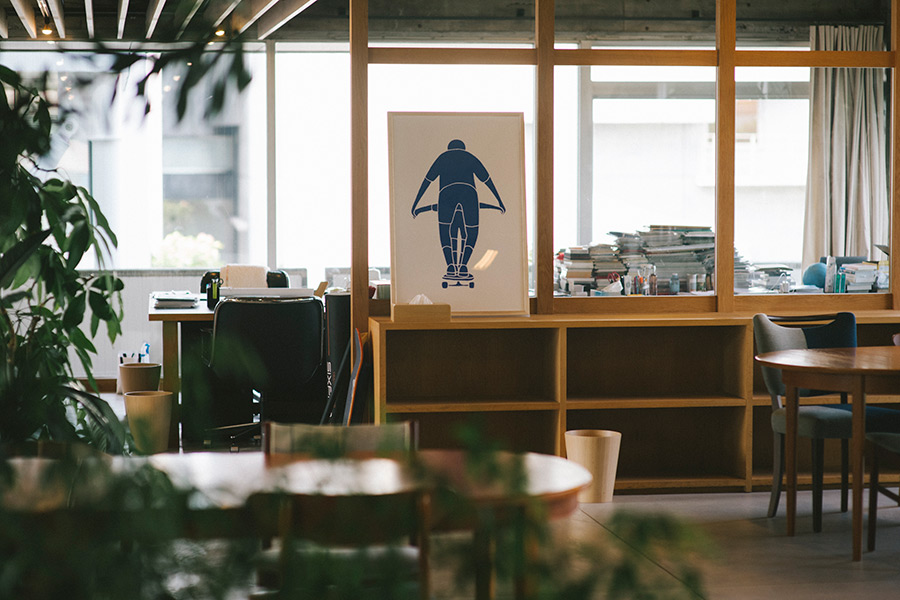
——I am also a male raising a child, but I feel that I have become able to say things like, for example, I can't attend a meeting at night because I have to put my child to sleep. In the past, I feel a little sorry, or maybe I couldn't do it. Gradually, I feel that it has come to be seen as a "little good thing", or rather, it has come to be said to be cool.
My company says that you can bring your child to the office, and it's becoming commonplace. The other day, one of the members was holding a baby while giving an important presentation to a customer. However, the baby cried during the presentation, and the other members came to pick up the baby during that time, and the situation was soothing over there. The client was also smiling as he watched it.
I was relieved when I saw the situation. When you run a company, there are various benchmarks such as whether the company's performance has improved or reached the target value. However, in this way, not only is it possible to bring a baby to the company, but it is also allowed to have a baby in the presentation to the top of the client, and the client is also smiling, I really felt the growth of the company. is. As a manager, I feel that I have created a very good company. I thought it was a culture that should be implemented more widely in society.
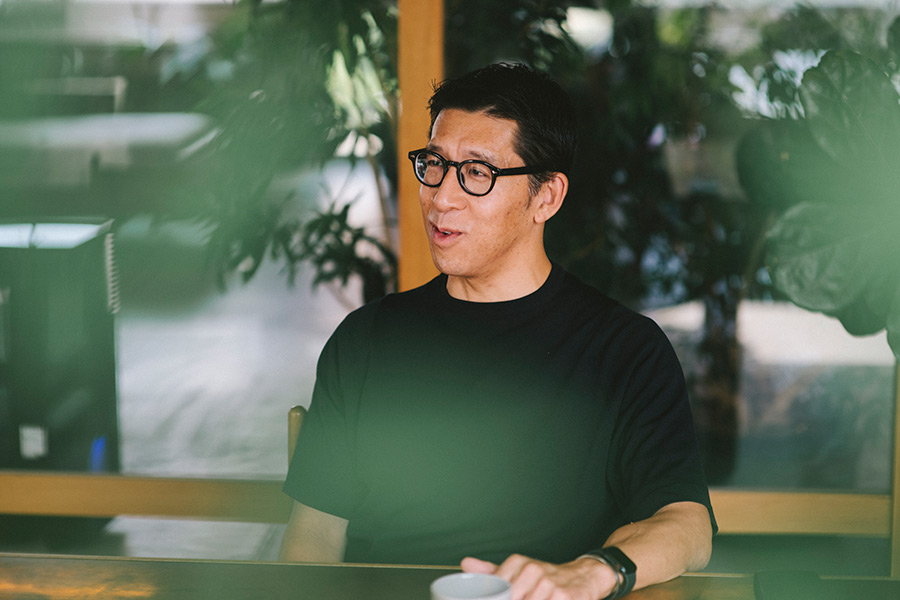
——I hope it becomes more commonplace. How can such a thing be set as one of the goals for companies?
Things that didn't exist in the past are gradually being eased. I couldn't think of that in the past, but I think it means that it has grown as a culture. As one of such things, it would be nice if the scene where a baby is in the office becomes commonplace. I think that's one form of diversity and inclusion, but people don't really talk about it that way right now.
——Is it because there is still a trend that so-called office work is more important than housework?
I think it's probably because working means emphasizing efficiency. Having a baby is inefficient at work, she says. But in retrospect, the client was smiling at the presentation I was talking about earlier that had a baby. Of course, each and every one of those clients was wonderful.
——That “niconico” is something that can’t be easily measured in numbers, but it’s very important, isn’t it? I think that it will appear in numbers such as business results.
I've always loved coffee, and I've had Maruyama Coffee make my own blend for the past 10 years. You are drinking it today, but we are focusing on this office coffee. When I first started, people around me often asked me why I was spending hundreds of thousands of yen on coffee every month, but now working while drinking good coffee has spread as a culture. mosquito. I think this company has grown so much thanks to coffee, and both our employees and our clients enjoy coffee. When you serve good coffee, it's not "company to company" but "people to people".
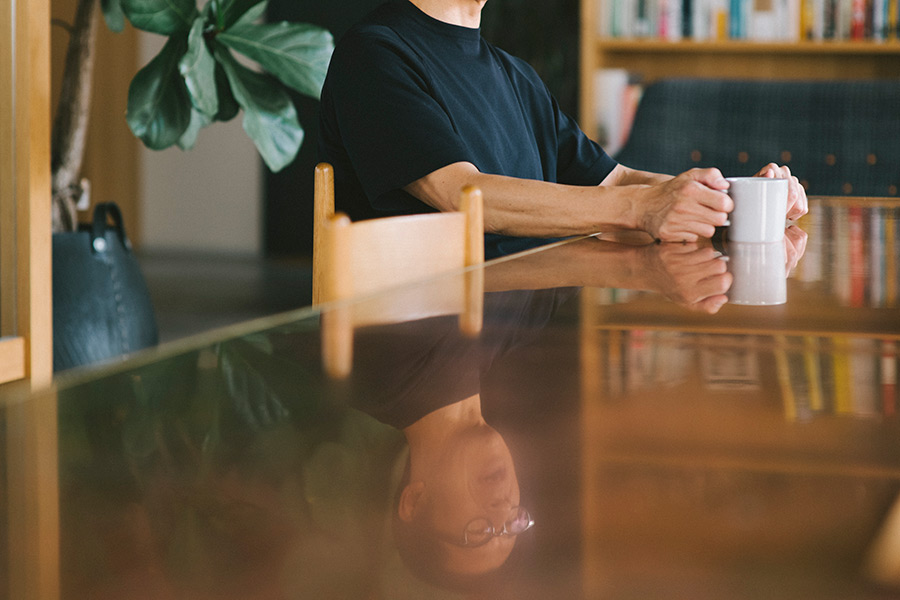
——I see.
Coffee has something called coffee magic, and when good coffee is in between, good stories and good relationships can be made. Coffee is very important to us in the business scene. Coffee, a comfortable office, diversity and inclusion—a place where you can have a baby or work with good people regardless of gender. Maybe in a few years from now it will become the norm. We intend to promote it.
That's why, when thinking about the future of towns and communities, I'd like to implement that kind of mellowness rather than just technology.
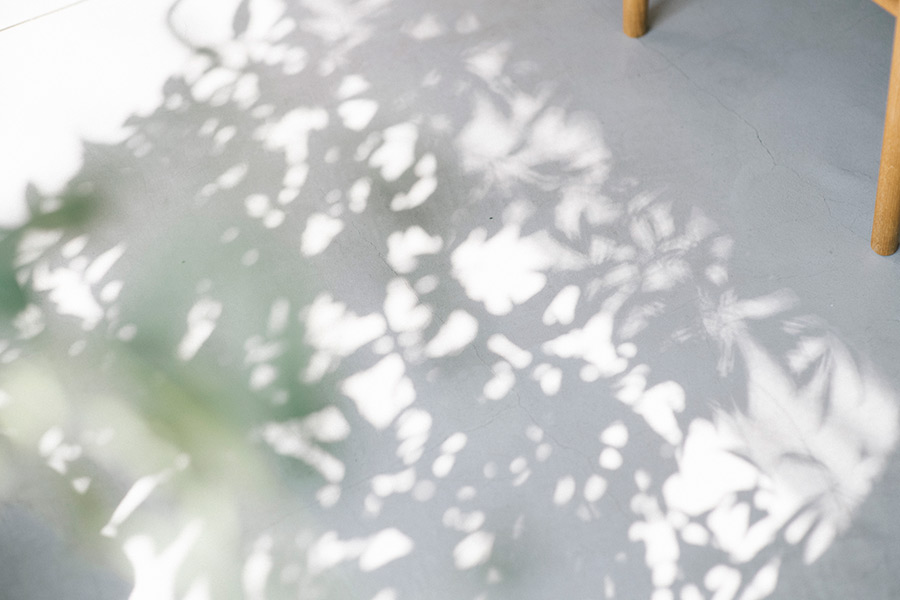
By gathering people who live well, you can work well
——It looks like you are working leisurely instead of chasing superficial efficiency. A long time ago, it might have been said that working hard while ignoring your family was "amazing", but...
No matter how good you are at your job, and even if you've become a great person in terms of work, it's not cool now if it's just that.
For the company, it should be very positive for employees to live in harmony. Numerical goals are important for a company, but I think it's important to see an increase in the number of employees who are doing things like raising children, enjoying their own hobbies, and valuing nature. I think it's the growth of the organization and the company.
A few years ago, Patagonia's inner branding, which encouraged employees to go surfing, became a hot topic. There are people who work, and if my child gets a fever, I can go home right away. I think it is important to be a group of professionals who can maintain their own way of life in this way. The so-called business professionalism is only one side of the person.
——It means that by gathering people who live well, you can do good work, right?
yes. After all, the life of the person should also be an input in work. Therefore, I think that a company with value is not one that has value in terms of capitalism, but one that properly backs up the self-fulfillment and lifestyles of its employees.
——It would be nice if it spread from Shibuya to the whole country as a culture.
yes. First of all, I think it's because we put it into practice.
Interview/text) Suke Amada
Photo) Masaru Saito
